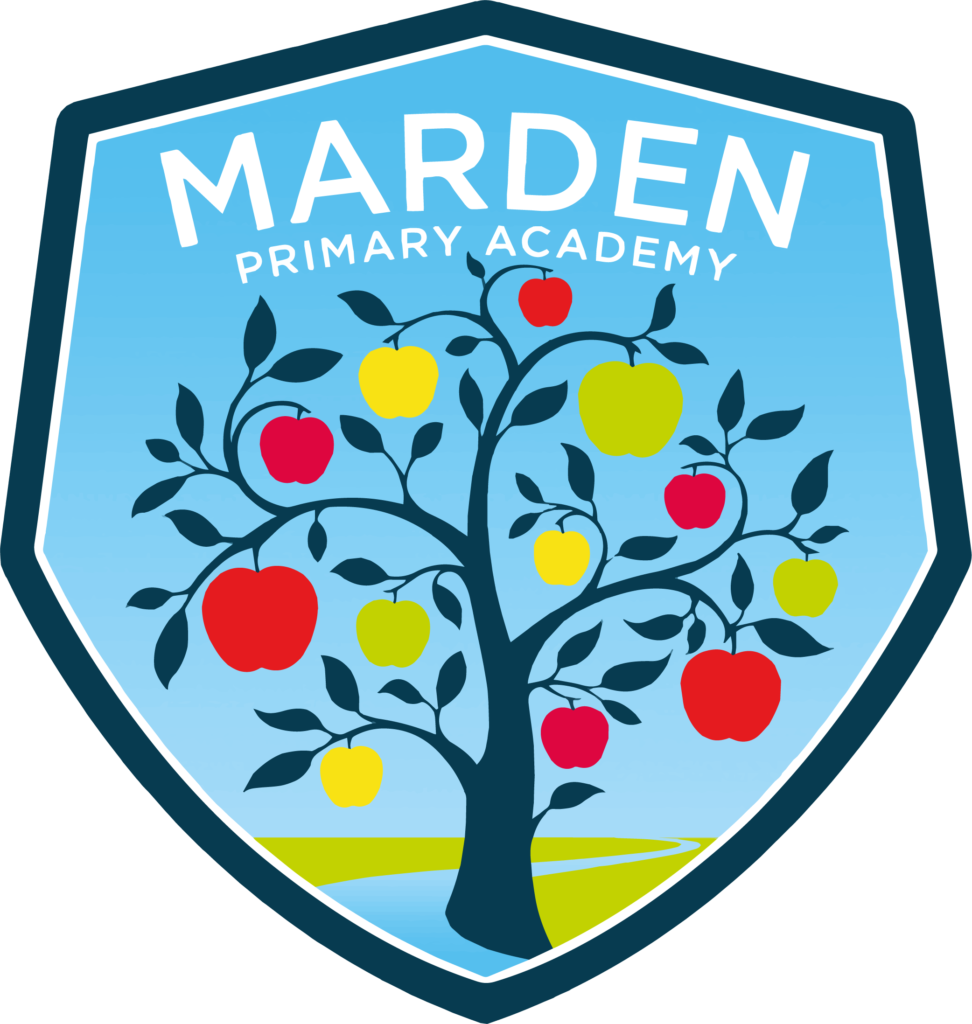The recovery premium grant is part of the government’s package of funding to support pupils whose education has been impacted by coronavirus (COVID-19). It is a time-limited grant providing over £300m of additional funding for state-funded schools in the 2021 to 2022 academic year and £1bn across the 2022 to 2023 and 2023 to 2024 academic years. It is focused on pupil premium eligible pupils and pupils in specialist settings such as special schools, special units and pupil referral units (PRUs). This is because of the additional impact of the pandemic on these students. However, schools can use it to deliver evidence-based approaches for supporting any pupil based on an assessment of individual need.
Total Covid Catch-Up Premium allocated: £12,760
Priority Details
Year Group / Cohort: Years 2 & 4
Lead: ND
Intervention / Cost: £8316
Intended Outcomes
- Close the academic gaps caused by the pandemic
RAG Rating – March 2023
Priority Details
Year Group / Cohort: Year 6
Lead: MG
Intervention / Cost: £4444
Intended Outcomes
- Ensuring we close the gap so children are secondary ready, if not at EXP but at least able to read, write and calculate proficiently
RAG Rating – March 2023
Total Tutor Led Funding allocated: 12,474 This is a 60% contribution from the government, the other 40% needs to be covered by the school. (total £20790)
As part of the Department for Education’s (DfE)’s education recovery plan, the Secretary of State for Education is providing financial assistance to eligible local authorities, for their maintained schools, and academy trusts. This is in accordance with section 14 of the Education Act 2002, in the form of the school-led tutoring grant for the 2021 to 2022 academic year. This grant will give schools and academy trusts the flexibility in determining how best to provide tutoring intervention to support catch-up for lost education due to the coronavirus (COVID-19) pandemic.
Priority Details
Year Group / Cohort: Year 4
Lead: JMO
Intervention / Cost: £6500
(total cost for priorities 1-5)
Intended Outcomes
- Close the attainment gap in writing and reading through overteaching
RAG Rating – March 2023
Priority Details
Year Group / Cohort: Year 4
Lead: JMO
Intervention / Cost: £6500
(total cost for priorities 1-5)
Intended Outcomes
- Working primarily on retrieval and inference
- Reading at length and at pace
RAG Rating – March 2023
Priority Details
Year Group / Cohort: Year 4
Lead: JMO
Intervention / Cost: £6500
(total cost for priorities 1-5)
Intended Outcomes
- Closing the largest academic gap
- Pre-teaching content in order to access learning and writing more coherently and at length
RAG Rating – March 2023
Priority Details
Year Group / Cohort: Year 4
Lead: JMO
Intervention / Cost: £6500
(total cost for priorities 1-5)
Intended Outcomes
- Power of 2 Maths intervention to over teach mathematical fundamentals
RAG Rating – March 2023
Priority Details
Year Group / Cohort: Year 2
Lead: JMO
Intervention / Cost: £6500
(total cost for priorities 1-5)
Intended Outcomes
- Close gaps for those children who did not pass the phonics screening
RAG Rating – March 2023
Priority Details
Year Group / Cohort: Year 6
Lead: SCK
Intervention / Cost: £3188
Intended Outcomes
- Hour after school tuition for all children across year 6 to support them in preparedness for SATS
RAG Rating – March 2023
Priority Details
Year Group / Cohort: Year 3
Lead: TT
Intervention / Cost: £3140
Intended Outcomes
- Closing the gaps between their peers
RAG Rating – March 2023
Priority Details
Year Group / Cohort: Year 6
Lead: SIL
Intervention / Cost: £7962
Intended Outcomes
- Ensuring we close the gap so children are secondary ready, if not at EXP but at least able to read, write and calculate proficiently
RAG Rating – March 2023


